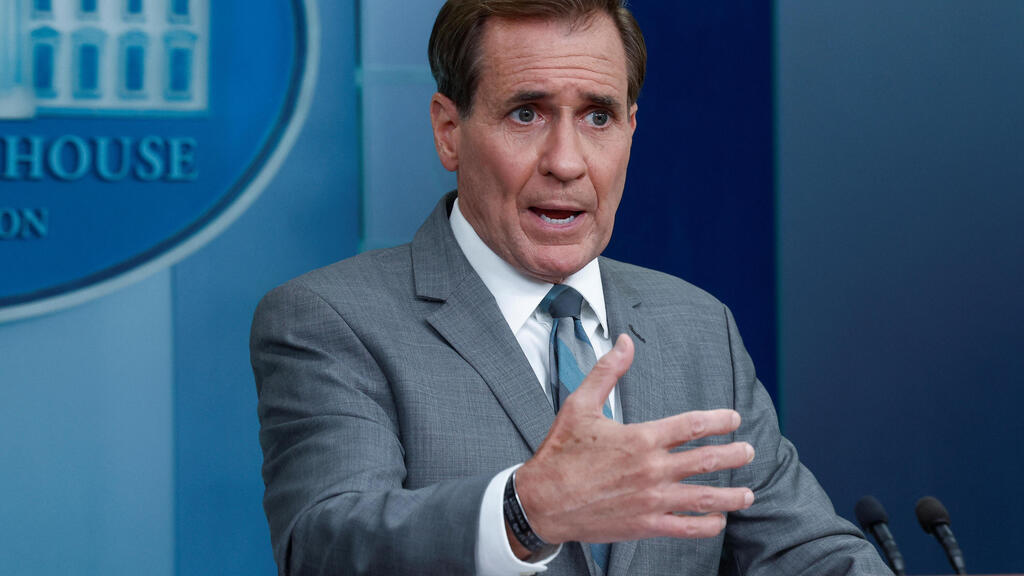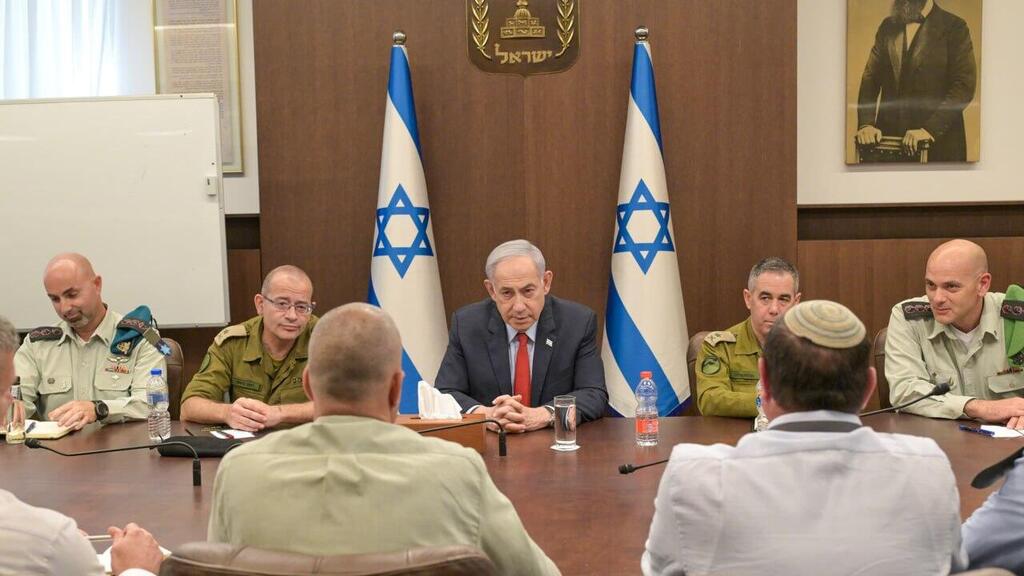The United States was "cautiously optimistic" about Gaza ceasefire talks, White House national security spokesperson John Kirby told CNN on Wednesday, adding that gaps between the two sides could be narrowed.
"We are cautiously optimistic that things are moving in a good direction," Kirby said when asked if a ceasefire deal was close. "There are still gaps remaining between the two sides. We believe those gaps can be narrowed, and that's what Brett McGurk and CIA Director Bill Burns are trying to do right now," he added.
Why it's important
President Joe Biden in late May detailed a proposal of three phases aimed at achieving a ceasefire, the release of hostages in Gaza and Palestinian prisoners held by Israel, Israel's withdrawal from Gaza and the rebuilding of the coastal enclave.
Burns and U.S. Middle East envoy McGurk are in the Middle East meeting with regional counterparts to discuss a ceasefire deal.
Context
Hamas has accepted a key part of a U.S. plan, dropping a demand that Israel first commit to a permanent ceasefire before signing the agreement. Israeli Prime Minister Benjamin Netanyahu has insisted the deal must not prevent Israel from resuming fighting until its war objectives are met. At the outset of the war, he pledged to annihilate Hamas.
Netanyahu told McGurk on Wednesday he was committed to securing a Gaza ceasefire deal provided Israel's red lines were respected, his office said.
The latest bloodshed in the decades-old Israeli-Palestinian conflict was triggered on Oct. 7 when fighters led by Hamas, which controlled Gaza, attacked southern Israel. They killed 1,200 people and took around 250 hostages, according to Israeli figures.



